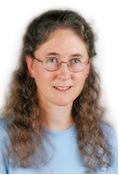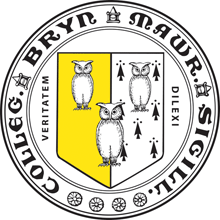 Computer Science Concepts Come Alive
Computer Science Concepts Come AliveSusan Rodger
Department of Computer Science
Duke University
Monday, April 19, 2010
4:30 pm (Tea at 4 pm in KINSC H208)
Koshland INSC H109
Directions and Map
Abstract
We describe how to make computer science concepts come alive through visualization and interaction in several computer science courses from introductory computer science to theoretical computer science. We discuss three software tools. JAWAA, a scripting language, aids in creating animations of algorithms and data structures. JFLAP, a tool for automata and grammars, allows for experimentation with theoretical concepts. Alice, a virtual worlds programming environment, visualizes programming concepts in 3D that are accessible for students as young as middle school. We provide examples of how such tools aid students in understanding concepts.
Biography
Susan Rodger is a Professor of the Practice in the Computer Science Department at Duke University. She received her PhD in computer science from Purdue University. Rodger's research interests include interactive and visual software and computer science education. She developed JFLAP, a tool for experimenting with automata theory. JFLAP is used around the world in automata theory courses, compiler courses, and discrete math courses. Rodger developed JAWAA, a scripting language for algorithm animation over the web. She has taught Alice to students from college level to middle school level, and has run Alice workshops for K-12 teachers. She was a finalist in the 2007 NEEDS Premier Award for Excellence in Engineering Education Courseware (for JFLAP) and received an ACM Distinguished Educator award in 2006.




1 comment:
Post a Comment